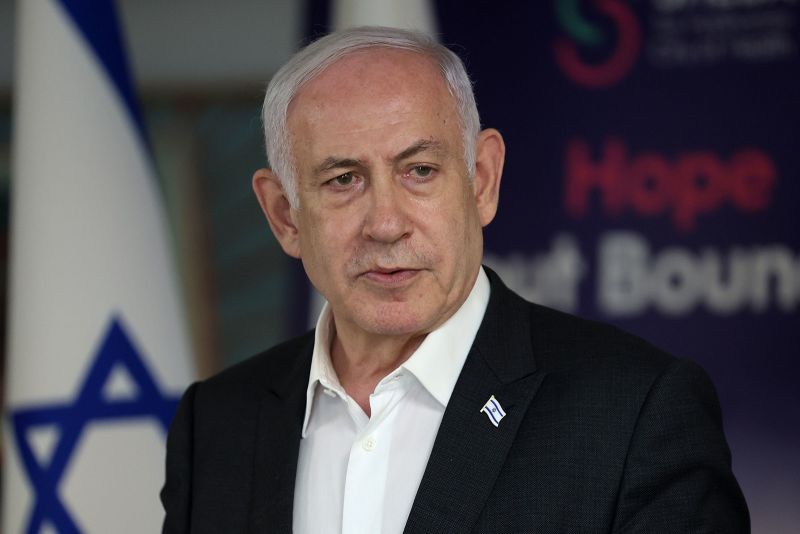In an unusual instance of internal disagreement in Israeli political and military ranks, Prime Minister Benjamin Netanyahu categorically rejected a report that suggested top Israeli generals favored a ceasefire in Gaza with Hamas still in power. The prevailing discord unfolded against the backdrop of an ongoing Israeli-Hamas conflict that has seen intensive artillery exchanges and increasing momentum toward international diplomatic interventions.
The contentious report alluding to internal Israeli military preferences surfaced in several Israeli news outlets. Supposedly, multiple high-ranking military generals reportedly indicated that they would back a ceasefire with the politically influential, but militarily constricted Hamas without necessitating the total eradication of the Islamist organization from power.
However, the pulp of the report was met with an outcry from Netanyahu, who holds the power of final decision-making in such circumstances. The Israeli Prime Minister firmly denied the alleged stance of the Israeli military, stressing that his government only aimed for a drawn-out ceasefire that would discredit and debilitate Hamas’ power.
Netanyahu, in his refusal to corroborate the media report, asserted that the statements did not represent the consensus views of the Israeli military. He claimed the unity of their resolve: to continuously pursue the application of force in the Gaza Strip until a lasting and favorable truce is enforced. According to Netanyahu, any ceasefire in the absence of significant progress towards weakening Hamas’ hold might further embolden the organization, and by extension, risk the security of Israel and its citizens.
The vehement disagreement of the Prime Minister dovetails with his long-standing opposition to Hamas, which controls the Gaza Strip and is considered to be a terrorist group by Israel, United States, and much of the European Union. Netanyahu has consistently argued that any compromise or settlement that enables Hamas to retain power directly compromises Israel’s long-term security objectives.
Even as international pressures are mounting for a ceasefire in the wake of increasing civilian casualties, Netanyahu and his hardline government continue to insist on the thorough disarmament of Hamas. This standpoint, which is fuelled by a belief that sustained military actions would weaken the group and strip it of its influence over Gaza, adds another layer of complexity to the ongoing conflict.
Notably, the discord does strum up questions about decision-making mechanisms in the Israeli government and its military. Overall, the situation highlights the intricacies of high stakes diplomacy and the occasionally conflicting philosophies of political and military leaders in Israel’s pursuit of a stable, secure state.
As the Israeli-Palestinian conflict continues, the scrutiny and discord projected by this particular disagreement provide another lens through which to analyze Israel’s stance on Hamas and Gazan control. The rejection of Prime Minister Netanyahu against a report citing internal preferences for a ceasefire with the remaining power of Hamas has further emphasized the undeviating resolve of his government to ensure a secure conflict resolution, even if this approach directly contrasts with alleged military perspectives. However, the strategic dichotomy that this situation reveals certainly stands as a compelling discussion in the broader context of Israeli politics and civil-military relations.




